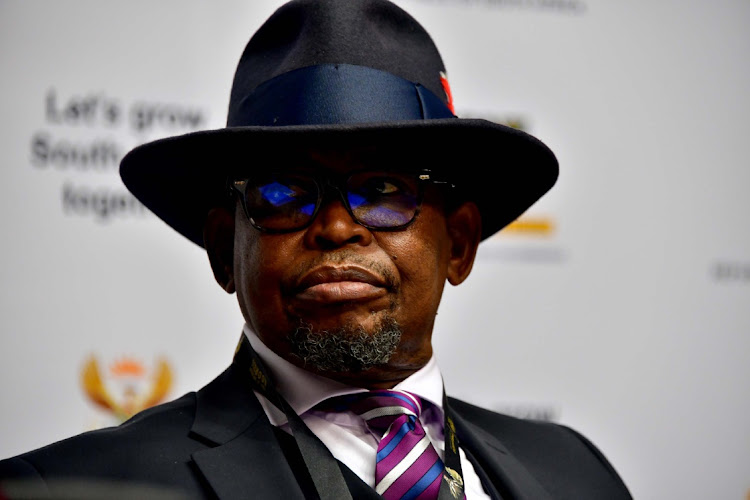Big bills loom as the world slips into recession

Let's hope next week's medium-term budget rules out any form of fiscal adventurism
UK prime minister Liz Truss’s resignation just a few days after her finance minister, Kwasi Kwarteng, had vacated his position, should send a message to the Left that nice sounding unorthodox policy proposals are not necessarily practical and implementable. In the UK’s case they threatened to decimate people’s hard-earned pension funds, forcing the Bank of England to intervene.
It’s a pity Kwarteng did not tell his prime minister her plan was flawed. Fortunately, SA’s policymakers in Pretoria have been a last line of defence against such fiscal adventurism, and I hope next week’s medium-term budget policy statement affirms that.
What should we look for in the medium-term budget? First, the global economic outlook is quite different from the one at the time of the budget in February. The IMF’s October World Economic Outlook expects that about a third of the global economy will fall into recession in 2022 or 2023, up from just under 5% at the beginning of the year.
Russia’s war in Ukraine heightened the acceleration in global inflation, particularly food and energy, and the euro area economy is in recession due to the energy crisis following the reduction of gas supplies from Russia. The UK’s inflation, interest rate, growth and fiscal outlooks have worsened after the announcement of the now partially reversed unfunded fiscal stimulus. Meanwhile, rising US interest rates will slow US and global growth to near recession in 2023. A global cost-of-living crisis and debt distress in some emerging markets present challenges for most policymakers. It is a different world altogether.
Within this global context finance minister Enoch Godongwana faces tough choices. The actual fiscal deficit and debt ratios are likely to show marginal improvement this fiscal year and next, due to better tax revenues driven by higher commodity prices, but the medium term holds significant risk of derailment. We expect a fiscal deficit of just under 5% of GDP and the debt ratio to improve to 70% of GDP and peak at about 73%, but remain sticky above the 70% level over the medium term.
The most consequential issue is a solution to reduce Eskom’s nearly R400bn debt to improve its balance sheet so it can finance itself in the open market. Such debt relief is widely expected to be in the region of R200bn. There are no easy solutions, as the currency composition and exchange rate movements affect what can and can’t be done. The terms of the debt held by development finance institutions and credit export agencies are likely to be difficult, and negotiating a debt transfer solution will take time. Even so, markets, investors and credit ratings agencies expect a solution that will properly assess SA’s fiscal position and therefore credit rating.
There is also an expectation of details on the structure, quantum, and terms of the $8.5bn just transition financing. Key will be how much is disbursed, the terms attached and whether this increases the state’s debt level. A lot remains unclear, and details will help make an assessment of the fiscal position easier.
The second major policy decision that will have an effect on the country’s fiscal position concerns the Social Relief of Distress (SRD) grant. Given the cost-of-living crisis on top of Covid-19 fallout there is pressure to convert the SRD into a permanent universal basic income grant (BIG). We expect the SRD to be extended for another year but remain unfunded after that, signalling that it’s a temporary measure and future extensions will depend on the availability of funding from revenue collections and economic growth.
Outside Eskom and the BIG, the government wage bill and funding of other SOEs will be key for the fiscal position and credit ratings. Beyond the immediate fiscal year, policy must frame government’s strategy on solving long standing policies that will encourage investment, grow the economy, create jobs and reduce poverty. In this respect we expect little to change in the medium-term budget as all is encompassed in the Economic Reconstruction & Recovery Plan, of which we expect an update on progress made since the February budget.
